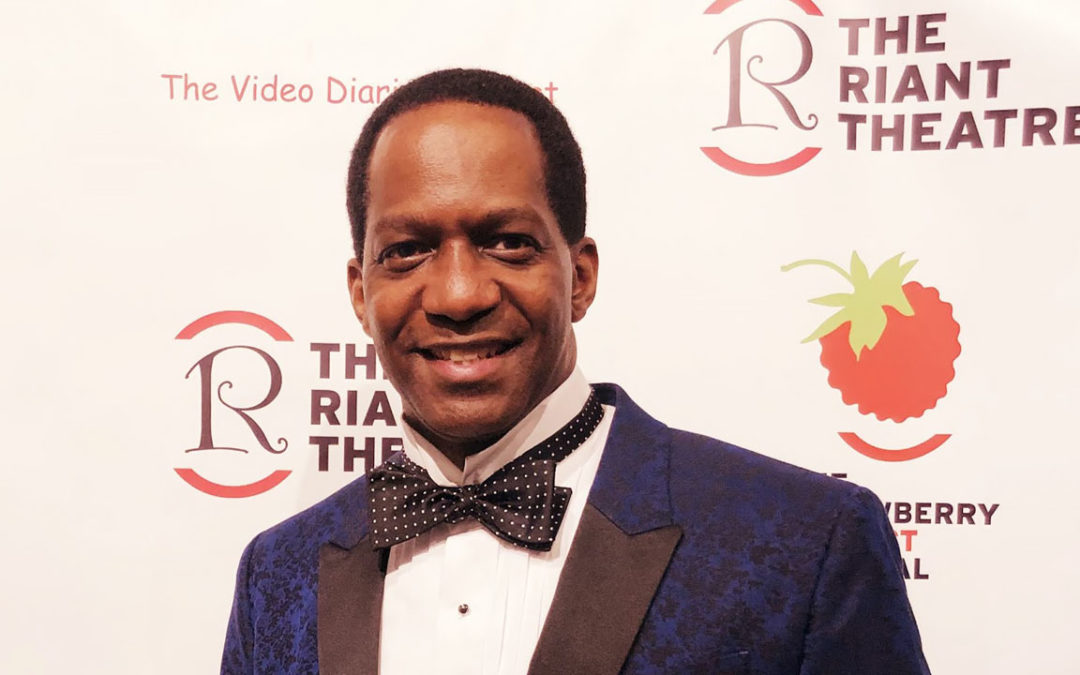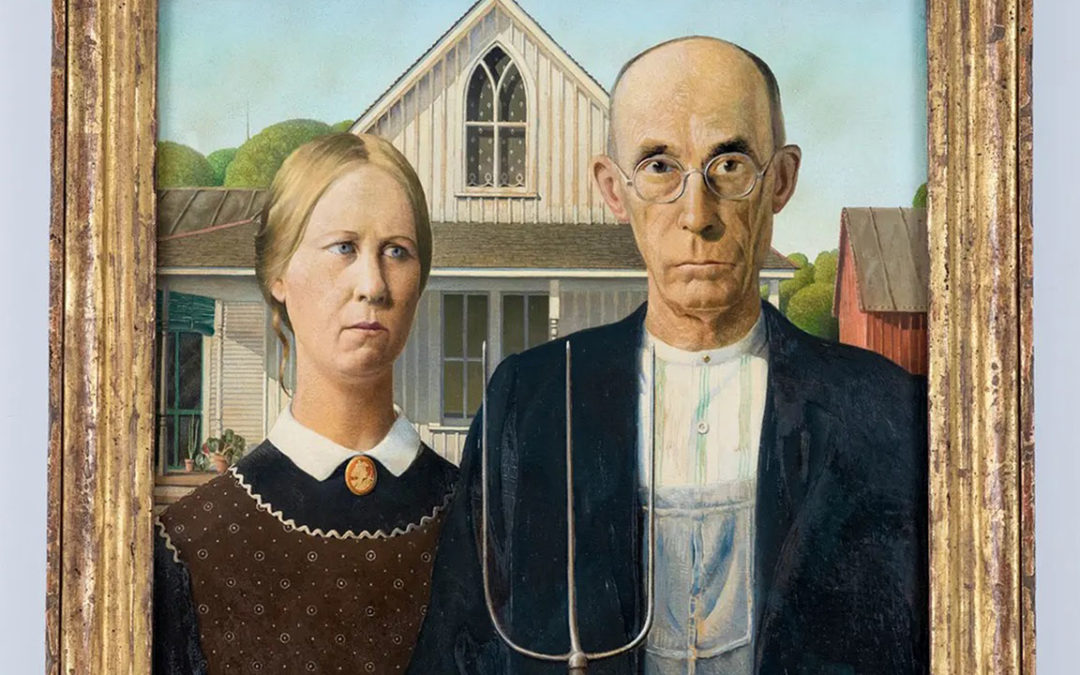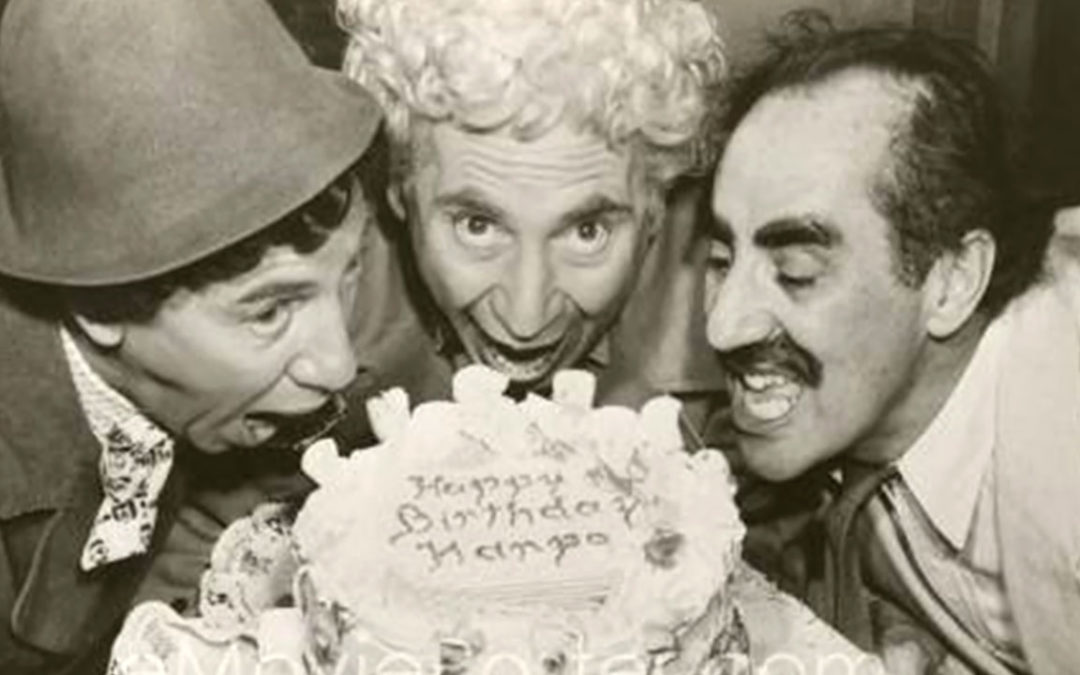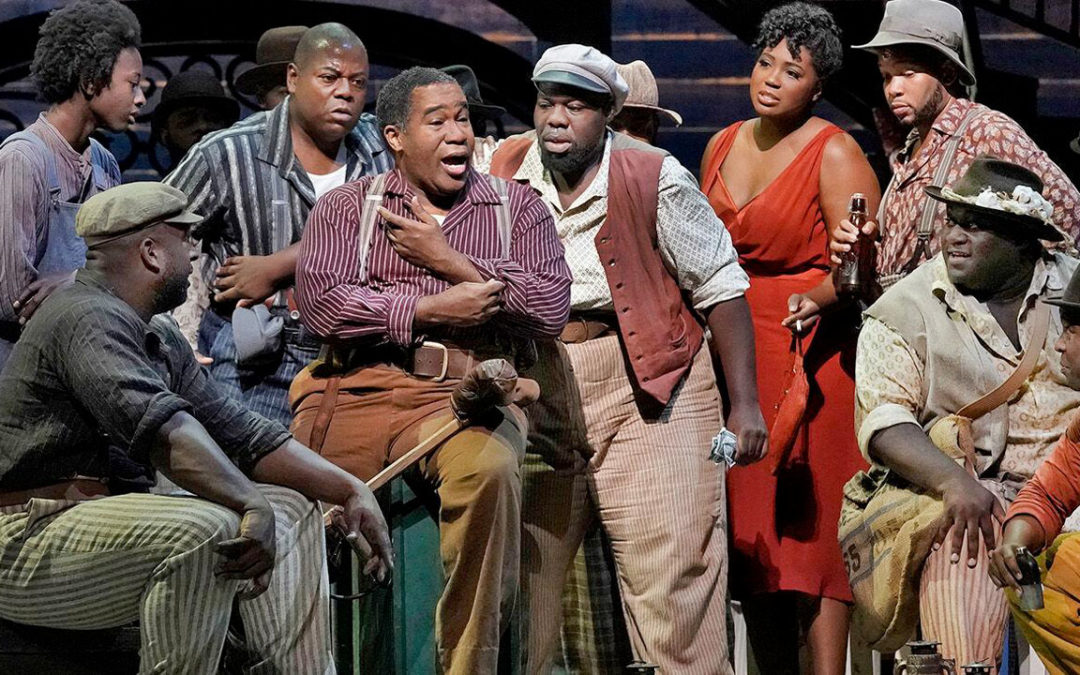
by Robert Bowie, Jr. | Oct 26, 2021 | Featured, Personal, Poetry
The great thing about being a geezer is there are moments when you actually existed before history.
Last weekend, Head of the Charles, the world’s largest two-day regatta, with 11,000 American and international athletes in over 1900 boats competing in 61 events, was held on a three mile course (4,800 meters) on the Charles River between Boston and Cambridge Massachusetts.
On that beautiful fall weekend, more than 225,000 people gathered to watch the races either on the banks of a clean water river or shoulder to shoulder on both sides of the six bridges under which the crews travel. The race has increased in participants and prestige since its beginnings in 1965.
Now I know what you’re thinking. I am going to claim credit for something. I’m probably going to brag that I was there at the beginning or something like that but I’m not.
I was there before the beginning!
I was there back when nobody dared gather on the banks or bridges because they might fall in. Back when The Standells recorded “Love that dirty water (down by the river Charles)” in a pop hit in the ’60s. Back when I had decided I liked girls but I really hated school and was discouraged about myself and I was trying out for crew to row on a polluted river.
High School Crew
In the early spring, when I turned fifteen,
My choices were baseball, tennis or crew.
Between Boston and Cambridge I had seen
Rhythmic oars of singles, eights, fours and twos
Beneath the bridges of the Charles River.
I was appointed stroke. I paced the boat.
Like a surgeon’s stitch our sharp blades suture
The shell’s trailing razor cut as each stroke
Drives us through the smooth and glassy water
And leaves no scar. The coxswain pounds out,
On the gunnels, the rhythm of my order.
Tin cans and prophylactics float past the boat.
Our smooth and perfect rhythmic mantra broke
Beneath the bridges, into echoes: “Stroke. Stroke.”
I like these little prehistory events. They show me if I start from before the beginning, rather than in the midst of some turmoil, I can see how much has changed for the better.

by Robert Bowie, Jr. | Oct 12, 2021 | Featured, Man Machine, Plays
Six months after the pandemic shut the New York theaters in March of 2020, I met a remarkable man, Van Dirk Fisher on an introductory Zoom call.
He had chosen my play, The Grace of God & The Man Machine, for a virtual performance at The Riant Theatre.
From the start, I was skeptical about a virtual performance, but I was impressed by Van’s tenacity and remarkable creative energy.
He would not let me say no. Less than a month after that call — and a year ago this October 25th — Van directed a highly creative virtual performance of the play.
The producers and I watched him direct the brilliant cast he had assembled and shape the virtual performance. He completely understood the play and he almost seem to inhabit it.
The following Tuesday after the performance, I dedicated a blog to him. I said:
This new format was advanced by a remarkably effective merger of the immediacy of live theater and the dramatic impact of the cinematic closeup.
Director Van Dirk Fisher and the Riant Theatre placed virtual backdrops behind the actors and the actors, all separated and in some cases in different states, reached out and past a joint between each other and exited and entered as they stepped in or out of the camera in front of which they performed alone.
The reading took on an immediacy that a staged reading cannot provide, but the degree of difficulty remained almost unnoticed for an audience which tuned in from New York to California.
Judging from the chat rooms and the talk back after the performance, it was a huge success.
The producers were so impressed by what they had seen they immediately bet the farm and asked him to direct the future off-Broadway production.
We had only met him in Zoom meetings. He was that impressive.
Last Friday, nearly a year later, finally I received a text from the producer telling me it would finally happen. The Grace of God & The Man Machine would open this spring off-Broadway. We were off and running and finally we would be working with Van in person.
Two days later I was surprised by a text message from Van‘s sister:
“Van passed yesterday at 3:49pm.”
When I called her in disbelief, she told me December of last year, he had been diagnosed with stage four stomach cancer but had fought it and continued to work.
A month or so ago, I contacted him to see if he was interested in working on a new play. He never revealed that he was sick.
Just as American theater is opening up and finally recognizing Black creators, this man and his future audiences will be deprived of his chance to show his considerable gifts.
I would be willing to bet that up until the very end, he believed he was going to beat cancer because that’s who he was.
When this play goes up off-Broadway, there will be a tip of the hat in the program to him and his indomitable spirit.
I only knew him through Zoom calls but now he won’t even be there for us virtually. I never got a chance to meet him and shake his hand but I know he will be there with us when the play opens.
He will be with us live!

by Robert Bowie, Jr. | Oct 5, 2021 | Featured, Personal, Politics
New Hampshire’s motto was and remains “Live free or die.” Back in the early 1960s, when I was ten, I came to believe it was America’s promise to itself.
My parents took the family to the White Mountains in the wilds of the Presidential Mountain range, to a tiny house that looked up into Tuckerman’s Ravine near the little town of Randolph in northern New Hampshire.
The morning after we arrived, our family dog came back after a night out with a mouth full of porcupine quills.
When we arrived the night before, we had discovered that the only phone was affixed to the wall in the kitchen and was a party line. So, the next morning, we had to ask the operator to give us the number for the veterinarian and we had to count the rings to know if her return call was for us or someone else when she connected us.
We soon learned that the party line did not stop people from picking up the phone and eavesdropping. My father would preface a conversation by constantly asking “please get off the line… Please get off the line.” Eavesdropping on the phone was a social event but — when requested — the clicks could be heard and the line would become clear. It was part of the social code.
The other notable social activity in Randolph was the picnic on the 4th of July where everyone in the community, including us, enthusiastically gathered to play charades. The charades were just an icebreaker to encourage interaction and conversations between strangers. All the eavesdroppers must have been there, but I remember that everybody was welcome to celebrate our democracy in that community.
As I grew older and watched the passage of civil rights legislation and protests to end the Vietnam War on black and white TV, and the rise of “Me Too” and “Black Live Matter” on the web, I always returned to my childhood memories and to that motto that I believed was America’s promise to itself.
I try to keep imagining what the residents of Randolph, New Hampshire back then would have done if the telephone company was quietly gathering everything from purchasing information to political beliefs to sell to secondary consumer markets and even to political parties, and if politicians used this information to make marketing calls, agitating these customers to increase profits.
So, must I now reconcile this my old memory of the respect for personal privacy, which was honored at the request of my father on a party line by our neighbors who also welcomed us into their picnics and to celebrate our democracy?
Would the citizens of Randolph have been quite as complacent as America is now?
Would they have required a whistleblower to go to Congress to explain Facebook‘s assault on their privacy?
No, that’s been obvious all along.
Would they need a whistleblower to explain that Facebook has, for its own gains, divided the country as a platform for false information of all forms in the name of more corporate profits, despite the damage it may have done?
No, that’s been obvious all along.
I have to get over my childish imagined ever-growing flotilla of tractors with extra pitchforks for other patriots rolling out of Randolph, gathering in its assault on Washington.
I have to get over my childish imagination that they would have already left town and gone to defend the Capitol back in January after it was assaulted.
They would be there, defending the Capitol, and who knows? Once they figured out what was happening, perhaps they would’ve attacked the White House. Or maybe they went down to protect voting rights or protest political parties that grow more radical, unifying a misinformed public in order to maintain their own political power.
Once I gave up these childhood memories it is now good to realize we struggle everyday to be free. It is the imperfect process which we must follow. It is what we must do.

by Robert Bowie, Jr. | Sep 28, 2021 | Featured, Personal
The kindnesses of the birthday wishes which I received on the 24th are much more appreciated than might be immediately obvious.
I want to briefly express my gratitude.
Facebook was an afterthought to promote an unlikely second career as a professional playwright and poet, which I have always half dreamed about but never had the courage to expressed to others.
When I started on this new career I fully recognized that the biggest problem I had was I had little or no credibility in this my new profession.
I had wonderful friends from high school and college but they were scattered across sixty years and several continents and I had wonderful friends from my prior career. I also had the invaluable friends I had made from the Baltimore theater community as a board member and amateur Playwright.
My Tuesday 3:00 pm (ET) Facebook posts and a webpage, created by new friends, developed into a blog, Instagram and Twitter accounts. Over the last five years I have been able to gather with my old friends and meet new friends in this new world which I would never have met but for these platforms.
Slowly over the last five years the unexpected has happened. I have received support and welcome criticism and the credibility I had hoped for because of the friends I have made or remade here.
I am very fortunate, because of you, to be happily living that dream I was previously too shy to express.
Thank You!

by Robert Bowie, Jr. | Sep 21, 2021 | Featured, Plays
Let’s first be grateful, and then let’s take this apart piece by piece.
Last Sunday The New York Times theatre section reported that seven plays by Black authors would open on Broadway this fall: “Chicken & Biscuits,” “Trouble in Mind,” “Lackawanna Blues,” “Clyde’s”, “Skeleton Crew,” “Pass Over,” and “Thoughts of a Colored Man.”
Broadway’s pre-pandemic theater season featured two plays by Black authors. The previous season, there had been just one play and in the season before there had been none.
All seven plays in varying degrees have been time tested off-Broadway, whether it be recently or in the past. They are all interesting and worthy based on their past history and past reviews. With the exception of Lynn Nottage, who is a two-time Pulitzer Prize winner, they all offer new voices about the human condition.
The article wondered whether this trend to welcome Black authors would continue. The fear is that Broadway’s traditional white audiences would not attend these plays and thus they might fail financially.
Historically, something like only one out of five Broadway plays ever recoups its expenses.
To produce a play on Broadway is extremely expensive. The New York Times article reported: “According to filings with the securities and exchange commission, ‘Thoughts of a Colored Man’ is costing up to $5 million to mount; ‘Chicken & Biscuits,’ up to $3.5 million; and ‘Pass Over’ up to $2.8 million.”
Also, it would be easy for those who want an excuse to blame the lack of attendance of Black audiences. The Times reported: “In 2018-19, 74 percent of theatergoers were white, and 4 percent were black, according to a demographic report by the Broadway League, a trade association representing producers in theater owners.”
Theaters rely heavily on tourists for ticket sales and all these plays come to Broadway under the threat of the pandemic.
But this may not be an appropriate way to measure success or failure for these plays or their authors.
If these seven plays and their authors do not succeed according to Broadway standards, they will nonetheless have received the blessing of the Broadway brand and will have the afterlife and influence of future performances in one of more of the 74 regional theaters in 29 states and the District of Columbia.
Regional theaters rely more on seasonal subscribers who love theater and remain more open to new works, particularly if they have been blessed with a Broadway production.
Everyman Theatre and Center Stage in my hometown of Baltimore have regularly contributed to putting on such a new works, but now it will be safer for them to continue doing so.
For these playwrights, this new visibility will offer a brighter future for their future works.
Of course, the greatest benefit is for us, the theater-going public, because these new playwrights will finally be able to introduce new stories from a different perspective about our human condition.
Theatre is different than almost any other art form in the way it communicates and has impact. It is a staged conversation which is also a conversation between the stage and the audience. It is powerful because it is intimate and live.
Perhaps these are the conversations that we have been unable to have in a polarized country.





